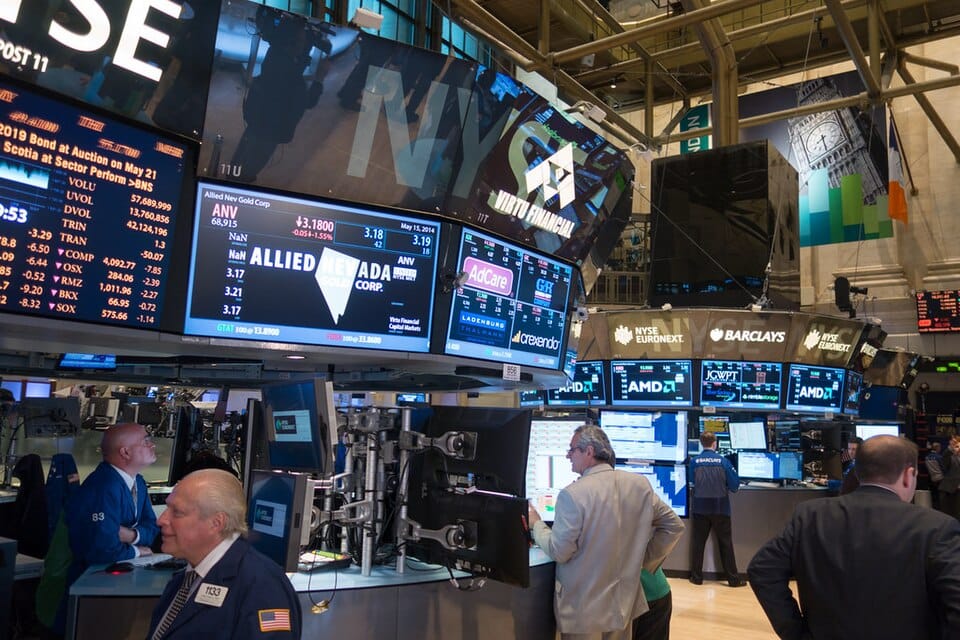Riddle Me This: GDP Up, Markets Down?

One of the things that most puzzles investors is when good news is announced and the stock market declines. We had just such an event today, when the Bureau of Economic Analysis revised its basic measure of the economy (GDP) for Q2 from a previously reported 3.3% rise to an outstanding 3.8% rise. Such good news ought to be greeted with celebration on Wall Street, not the decline we're currently seeing in the markets.
Here are three likely reasons that Street Analysts are reluctant to "pop the bubbly."
Reason #1: The Federal Reserve
Nearly everyone in the investment community would like to see lower interest rates; indeed, the President expects the Fed to lower rates. After all, we are living through one of the most highly leveraged periods in recent memory. Many consumers have recently seen their credit card balances rise, as people are forced to pay for a recent hike in food, shelter, and other necessities, all the result of continued high inflation. And consumers aren't alone, the Federal Government continues to borrow at one of the highest levels ever, while Wall Street itself also expands its margin loans.
However, with today's stronger-than-expected GDP growth, it is much less likely that the Federal Reserve will lower interest rates at its next meeting. And if they do lower rates, it's not more likely to be at a tepid one-quarter percent rather than the one-half percent Wall Street was counting on.
For the "data-dependent" Fed, today's strong GDP makes lower rates problematic.
Reason #2 Imports
The BEA Reports point to the lowered imports as a chief reason for the hike in domestic economic growth. In the arcane accounting for GDP, imports are SUBTRACTED from the calculation of economic growth. After all, GDP should not count products made by overseas manufacturers as part of our domestic production. While it may be nice to purchase a German-made Mercedes, it does not reflect US production.
However, as they say, there are two sides to every coin. Analysts are very focused on consumer spending, the most significant aspect of the economy. After rising in Q1 of this year, consumers are tightening their wallets in Q2, which was flat for the quarter. Is this the reason that imports were down? Are consumers cutting back? While it's too early to tell, this is something investors should watch closely.
Reason #3 Corporate Profits.
There is a notable anomaly in this report, one that we should closely monitor: corporate profits for Q2 decreased by $47 billion. Yes, this is far less than the original estimate, which was nearly double that decline; however, corporate profits are the principal driver of equities—it's the "E," or earnings, of the Price/Earnings ratio—considered by most economists as the fundamental factor in any bull market.
So, there you have it: three reasons Wall Street wasn't as euphoric as you might expect with that great GDP news. First, it makes it harder for the Fed to justify cutting interest rates. Second, lower imports may be an indication of reduced consumer spending. Additionally, there was a decline in corporate profits (although this decrease was less than the previously estimated amount).
It's always interesting to dig below the headlines to see how a Wall Street analyst sees the world.